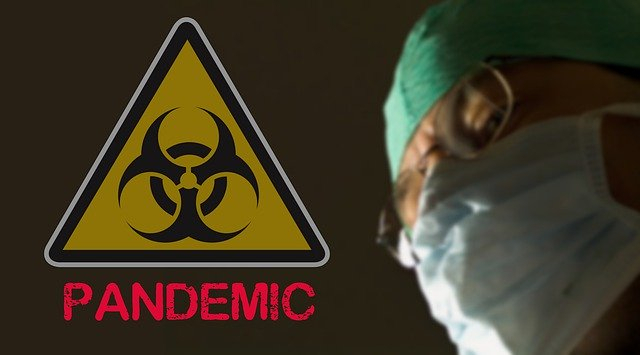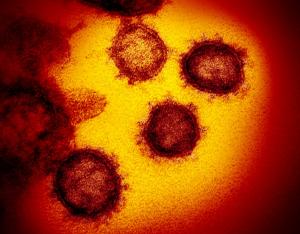South Korea had its biggest daily increase in the number of coronavirus cases in 53 days with the reporting of a huge cluster linked to a logistics center. The development hinted at a possible second wave of the virus outbreak, prompting the country to revert to strict social distancing measures.
The Korean Centres for Disease Control and Prevention (KCDC) reported 79 new COVID-19 infections on Thursday, . As many as 67 of them are from the Seoul metropolitan area, where almost half of the country's population resides, reported Yonhap.
Officials said that health authorities found it more and more difficult to track the transmission routes for newer coronavirus infections. They urged people to remain on alert due to the fears of the second wave of contagion.

"Infection routes are being diversified in workplaces, crammed schools and karaoke rooms in the metropolitan area," said the country's health minister, Park Neung-hoo, while urging the residents of the capital and nearby regions to avoid unnecessary gatherings. He also asked the companies to allow employees to take off if they are sick.
At a press briefing, Vice Health Minister Kim Ganglip said that it would be hasty to decide the country should get back to stricter distancing measures due to just one daily figure.
82 Cases Traced to a Logistics Center

This has come at a time when more than 250 new infections were traced back to clubs and bars in Seoul's Itaewon district, earlier this month. The latest COVID-19 cluster with a total of 82 cases was traced to a logistics centre in Bucheon, operated by the country's leading e-commerce operator, Coupang, reported Yonhap news agency.
Local health authorities have tested 82.8 percent of the total of 4,159 people connected to the center who have to undergo testing. About 2,854 tested negative, so far. The company reportedly failed to get the employees to wear masks and maintain a distance of two metres.
Working Even After Showing Symptoms
Media reports state that some employees were told to continue work even after they showed symptoms of COVID-19. Social distancing acted as a shield against the novel coronavirus, "but as people's alertness started to fall back, it created a crack in our society and let the virus invade again," said Kim Woo-joo, a professor of infectious medicine at Korea University Guro Hospital in Seoul.








